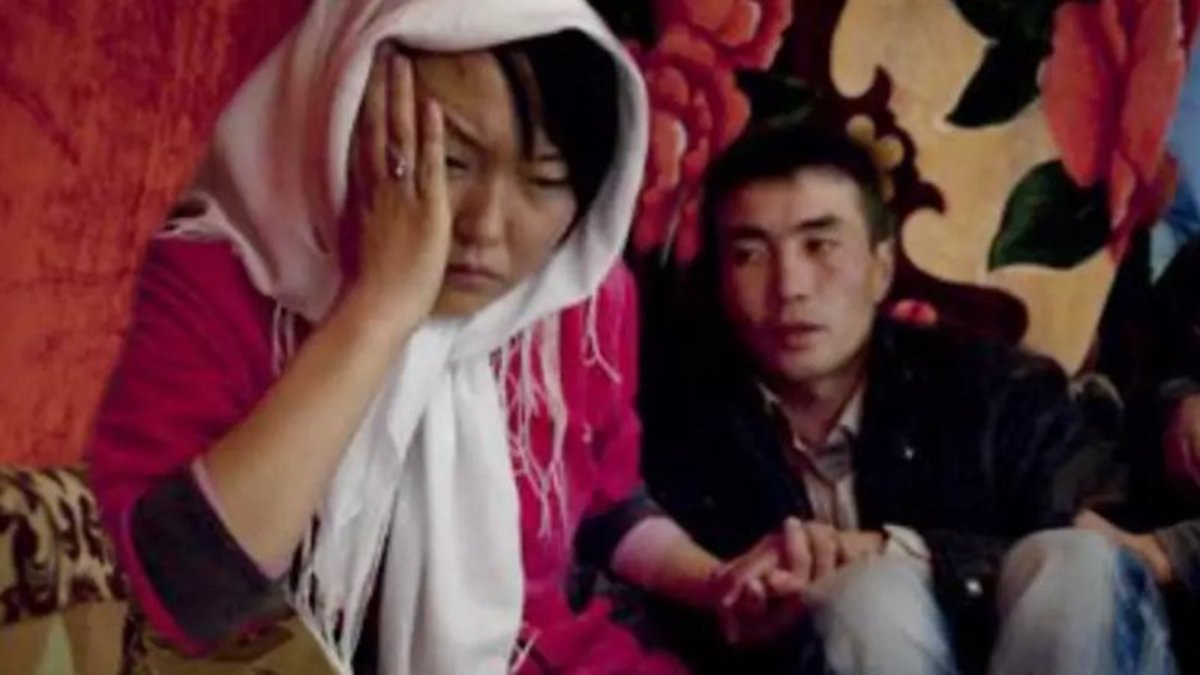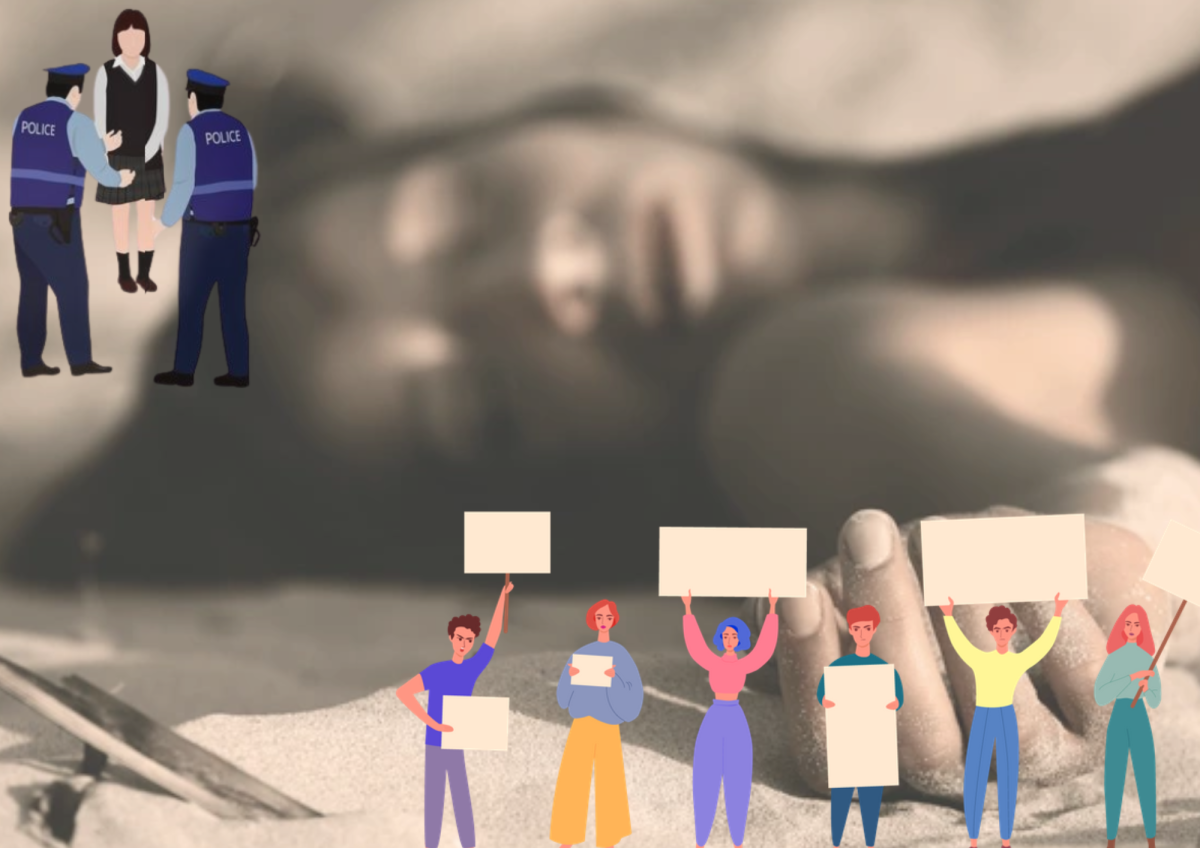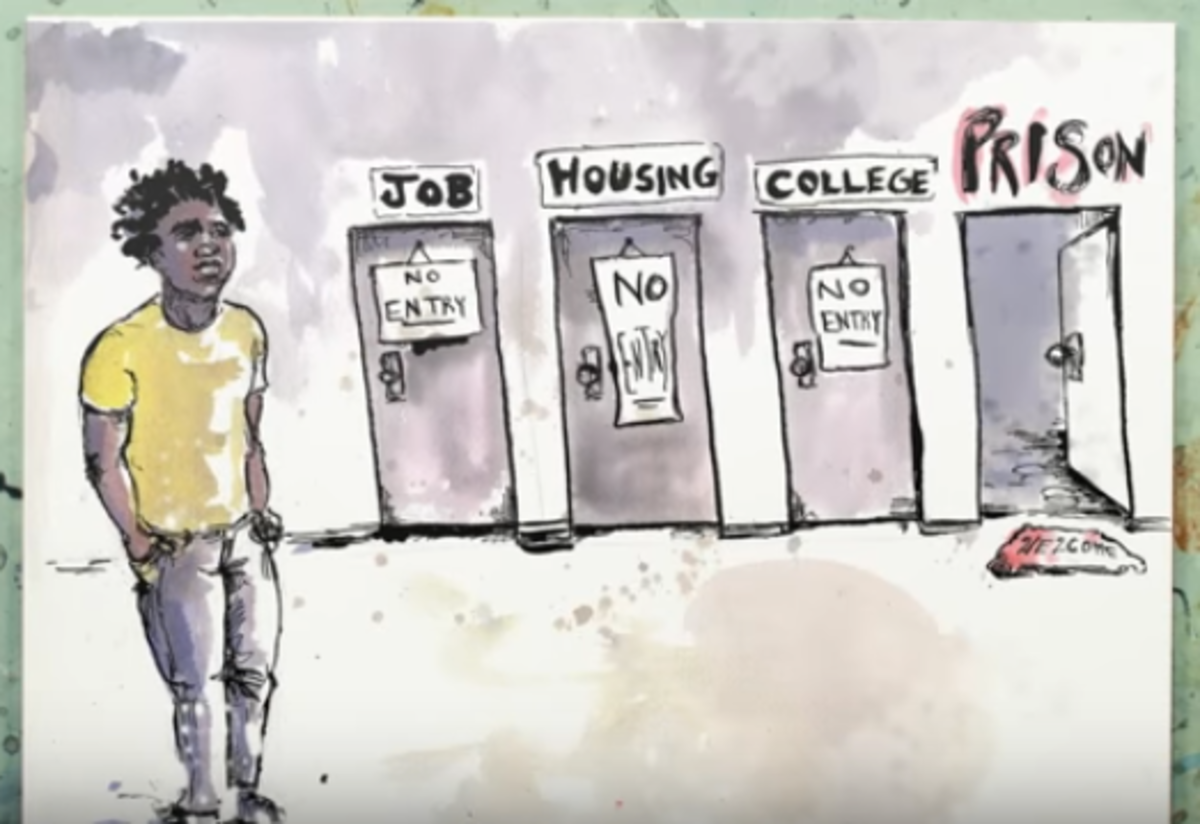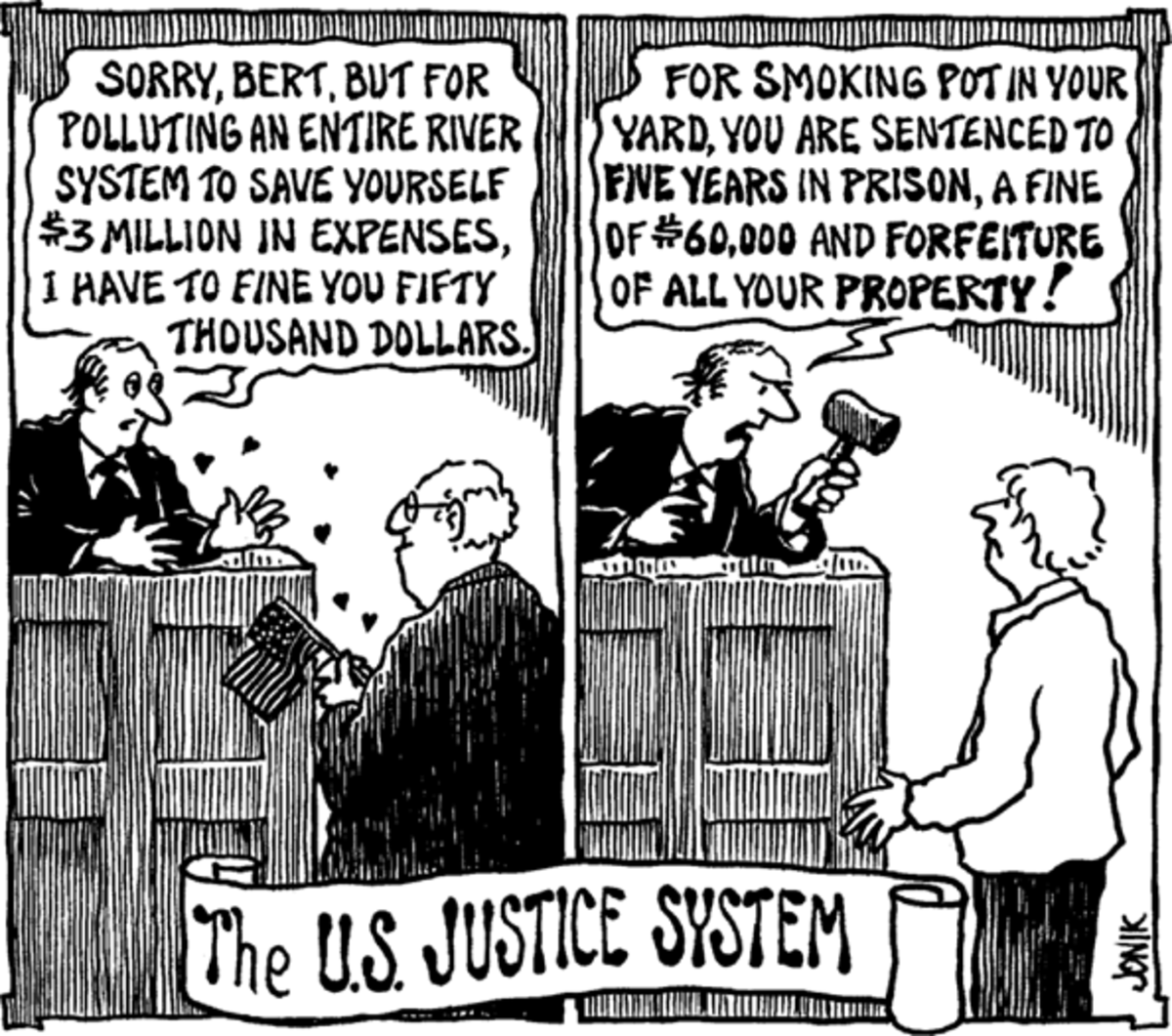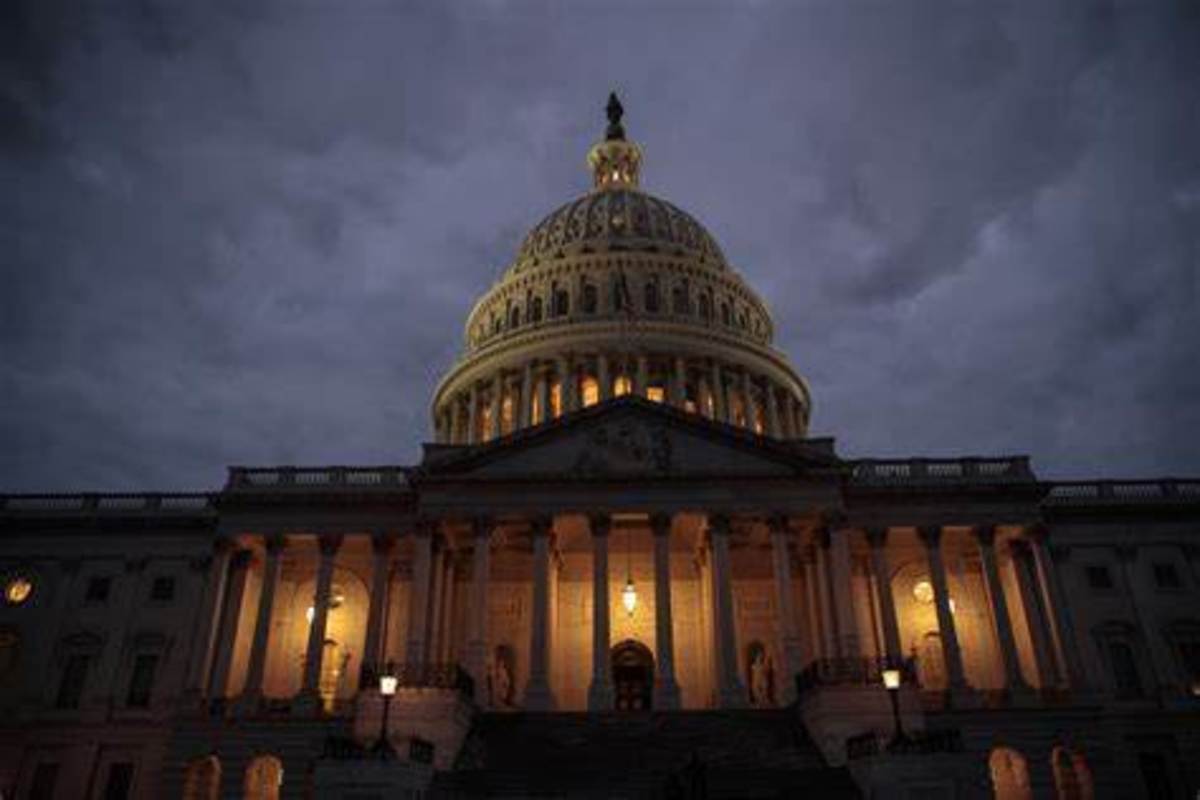The Nigerian Police: Friend or Enemy
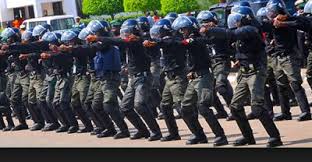
The Nigerian Police and Human Rights Violation in Nigeria
Human rights are a primary condition for civilized existence and are indispensable for maintenance of human dignity. The protection and preservation of Human Rights form the very basis of the human civilization. These rights are inherent to every individual and for this reason it is called Human Rights. The violation of these rights is far-reaching and would leave the victims injured physically, mentally or psychologically. As such, there is reliance on the justice system to ensure the protection of these rights and punish those who violate them. In a well-ordered democracy and welfare state, the Police, being the biggest, most visible and important system of the criminal justice system, is supposed to be a disciplined force trained to uphold the law and enforced democratic institution to function on constitution lines.
Regrettably, recent researches have shown that, the Nigeria police are the worst violators of the human rights which they were established to protect as there has been numerous reoccurring cases and reports of the horrendous and horrific violations by them which range from extra-judicial killing to torture and unlawful detentions.
INSTANCES OF POLICE VIOLATION
The preservation of human life, rights and dignity is fundamental to the continued and collective existence of humanity vis-a-vis the sustainable development of any nation.
Police have a vast scope for exercise of powers affecting the rights and liberty of individual citizens. Power of arrest, search, seizures and institution of criminal cases in courts, mark several stages in executive police action which afford vast scope for misconduct by police personnel in different ranks, particularly at the operational level. The patterns of Human Rights abuse by the Nigerian Police take many forms which are discussed under the following subsections:
EXTRAJUDICIAL KILLINGS
It is generally agreed that extra-judicial killing in Nigeria by the Police is rampant; the use of lethal and excessive force is common place. In spite of its mandate “to create a safe and secure environment for everyone living in Nigeria,” incidences of brutality and extrajudicial killings of innocent citizens by men of the Nigeria Police have continued unabated across the country. However, in Nigeria, the police force is responsible for hundreds of extrajudicial executions, other unlawful killings and enforced disappearances every year. The majority of cases is not investigated and goes unpunished. Victims of extrajudicial killings by the police are summarily referred to as armed “robbers” but the fact is that most victims are innocent individuals who may have refused to pay bribe, challenging the police and or involved in some kind of protests. The families of the victims usually have no recourse to justice or redress. Many do not even get to find out what exactly happened to their loved ones. The police exploit public anger at the high crime rates in the country to justify their actions. They often claim that the victim was an armed robber killed in a shootout or whist trying to escape police custody.
TORTURE AND OTEHR CRUEL INHUMAN OR DEGRADING TREATMENT OR PUNISHMEN
The sickening details of torture and other cruel, inhuman, or degrading treatment or punishment is well documented in a research titled “Criminal Force: Torture, Abuse, and Extrajudicial Killings by the Nigeria Police Force‟ by the Open Society Justice Initiative, together with the Network on Police Reform in Nigeria. The document acknowledges that torture is prohibited within the Nigerian Legal Framework but the government has allowed the practice to continue with reckless abandon. The research was conducted with a visit to over 400 police stations in Nigeria. The culture of torture permeates the entire 400 police stations.
ARBITRARY ARRESTS AND DETENTION
To arrest a person is to deprive him of his liberty by some lawful authority for the purpose of compelling his appearance to answer a criminal charge. Despite the fact that the Nigeria constitution as well as the ACJA of 2015 prohibits arbitrary arrest and detention, the provision were often ignored by the police who would arrest and detain with or without warrant any person/s if they believe there are reasons to suspect that the person/s had committed an offense. In most cases persons are arrested and detained for more than the statutory 24 hours before charging them to court. This violates the provision of the Fundamental Rights Enforcement Procedure Rules of the Constitution. Whilst most victims who are arbitrarily arrested appear to be detained for a matter of hours, those who are either unwilling or unable to pay are typically held in a police cell overnight, and may be detained for several days or even weeks. Victims, witnesses, and civil society leaders believe that the police have a financial incentive to prolong the time detainees spend in police custody.
RAPE
Rape of underage girls as well as women by policemen is common in Nigeria. There has been a large number of reports of the police sometimes use the threat of rape and other forms of sexual assault as a means to extort money from women stopped at checkpoints, accosted by the police in public places, or detained in police custody. In some cases, women are told they have the “option” of providing sex in lieu of payment. In a number of cases police officers carried out their threats and subjected their victims to rape and other forms sexual assault, particularly when women who had been detained refused to pay all or part of the demanded sum.
BRUTALITY AND THE ILLEGAL USE OF FIREARMS
POLICE EXTORTION AND BRIBERY (CORRUPTION)
Ordinary Nigerians travelling on the country’s roadways, buying or selling at markets, running daily errands, or working within their offices are routinely subjected to police extortion. Those who resist and fail to pay the bribes demanded are often threatened and unlawfully detained, and at times physically and sexually assaulted, tortured, or even killed by the police. Many of these abuses are perpetrated as a means to further extort money from ordinary citizens. The police officers make little attempt to hide the collection of money, exposing the near total lack of political will on the part of Nigerian authorities to hold police officers accountable for their actions.
BODILY SEARCHES AND UNLAWFUL ENTRY INTO PREMISES
The right to privacy and family life which is provided for under the constitution of the federal republic of Nigeria is aimed at protecting persons against bodily searches by officials, unlawful entry by police into private premises for the purpose of arrest or investigation, government confiscation of mails or identity documents and tapping of phone lines except where due process is followed. This provision is however mostly breeched with regards to police powers of entry into homes in course of arresting a suspect or during the course of investigation. The police are required to obtain search warrants but most often, they do not obtain such warrants thereby breaching the rights guaranteed in section 37.
CAUSES OF HUMAN RIGHT ABUSE BY THE NIGERIAN POLICE FORCE
A combination of factors has contributed to this situation and a plethora of reasons have been attributed to the cause of the police aversion for respect for human rights. These factors range from historical factor, structural factor to institutional framework and personality framework. Some factors which contribute to violations of human rights by the police include: the training and basic educational background of the policeman, his knowledge of his powers and duties, the facilities available to him, the citizen's awareness of his rights and duties, poor remuneration, length of military rule, historical development of police, lack of professionalism, corruption, frustration, poor handling of court cases, no punitive measures for erring officers, and disregard for the rule of law.
EFFECTS OF HUMAN RIGHT ABUSE BY THE NIGERIAN POLICE FORCE
Consequences of human rights violation are very obvious and this includes untimely taking of lives of citizens and the attendant misery occasioned on members of the family and the society at large. There is the decapitation of suspects and untold human suffering occasioned and generally the violation of the dignity and liberties of these citizens. Some of the suspects from study after their harrowing experiences with the police were later found to be innocent and because of such experience; some have turned to criminality seeking for vengeance on the society. Also, there is the devastating effect on the economy as some of these suspects that have been killed or maimed in the process of investigation have turned out to be economically unproductive and liabilities to their families and the society at large.
Humanity is diminished each time human rights are massively and systematically violated. Past research has consistently confirmed that in contexts where people experience repressive and corrupt policing, procedural justice effect may become inconsequential and by extension, public perceptions of police legitimacy and expressed willingness to cooperate with the police may diminish. If police take money, it is terrible because someone’s rights are being violated, somebody is being [abused] and losing something personal or justice is denied. It affects other systems as well. If the police are corrupt, you are not likely to have a good criminal justice system. The courts will never work and it will affect the entire chain, and ultimately the prisons. Corrupt and unprofessional practices by the Nigerian police have severely undermined the integrity of the Nigerian criminal justice system and, by extension, respect for the rule of law.
RECOMMENDATIONS
In the light of the above, the following are the recommended actions and steps to be taken by the Federal Government of Nigeria, the Nigerian police and citizens of the country which will contribute greatly in ensuring the elimination (or at least reduction) of violations of human rights by Police and promote overall effectiveness of the police. The recommendation is divided into three parts, each part giving advice to a particular group of people.
- Make an effort to know their rights so as to be able to identify when it is breached and raise a complaint about it.
- Show more support for the Nigerian Police Force by cooperating with them whenever it is needed. This will serve as motivation to the members of the force and would encourage them to be more cautions and hardworking.
- Always report acts of violation by police personnel’s to the appropriate authorities like the public complaint commission and the human right desk so that proper steps would be taken to ensure that the perpetuator is punished and measures are put in place to avoid a reoccurrence of such violations.
- Furthermore, an immediate revision of the Nigerian police pay scale is needed as a first step toward discipline. In all developed societies, the salary of a police officer is above that of ordinary citizen with equivalent education. A decent pay is a worthwhile investment that will encourage restraint to acceptance of bribes to augment the meagre income they recently receive. Regular and timely payment of the salary is also more important than the increase; If other Federal public servants have paydays, the police payday should be a given, and not a matter for negotiation.
- Finally, I argue for decentralization of the Nigerian Police (creation of state Police). I recommend a three-tier police structure; the federal police, the state police and local government police. Whilst the federal and state police departments deal with federal and state law enforcement matters, the local government police will be organized along the model of a vigilante force in touch with the community they serve, and solely deployed to deal with law enforcement and order maintenance functions in the local communities. This will not only bring people closer to their police, but will also prevent the hijacking of the police command by corrupt and tainted absentee politicians in Abuja. Local (not detached federal and military style) policing is the key to community policing. The common practice of using police intimidation in poll rigging and electing the president’s praise singers as Congresspersons, will become a thing of the past, and the opposition will have a voice as in other democracies.
In conclusion, the police in the discharge of its constitutional duties through the instrumentality of officers and men of the force have in a lot of cases violated the wording and spirit of the constitution it is meant to protect in regards of human rights. Despite all the numerous committees and their respective reports and recommendations, the problem of human right violation by the police continues unabated and Nigeria's police remain notoriously brutal and corrupt. Since the issue has become a national malaise, all hands should be on deck to arrest the situation by providing all it takes to make the force effective and efficient.
© 2020 BlessingA

